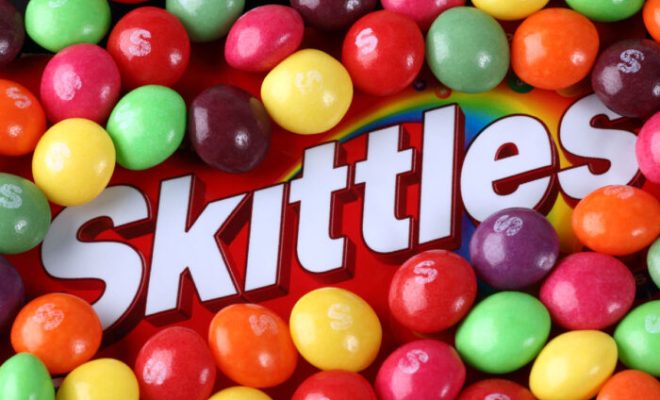Skittles Lawsuit Alleges the Fruit Candy is Unfit for Human Consumption

A recent lawsuit has emerged against Skittles, the well-known fruit-flavored candy brand, alleging that the product is unfit for human consumption. The lawsuit cites health concerns brought to light in a CNET article, questioning the ingredients used in Skittles as potentially harmful.
The primary concern of the lawsuit focuses on the use of certain artificial colors, flavorings, and preservatives found in the popular candy. Some of these ingredients have been linked to various health issues such as hyperactivity in children and allergic reactions in some individuals.
These artificial ingredients have been under scrutiny for quite some time. Though approved for use by regulatory agencies such as the FDA, there have been continuous doubts regarding their safety as well as questions about their long-term effects on human health.
Mars Wrigley, the parent company of Skittles, is now facing the backlash from consumers who believe that these potentially unsafe additives should have been omitted from Skittles’ formula or at least disclosed more prominently on labels.
While it is still too early to predict any direct consequences of this lawsuit for Mars Wrigley or Skittles as a brand, it highlights an increasingly significant issue in the food and confectionery industries: consumer demand for transparency regarding ingredients and healthier alternatives.
One possible outcome could be Mars Wrigley reviewing and reformulating its products in response to consumer concerns, ultimately creating improved versions of its candies that prioritize health without compromising taste. This would follow similar patterns witnessed with other brands that faced public pressure to improve their offerings regarding transparency and health impacts.
As consumers become more educated about what goes into their food, companies like Mars Wrigley will likely face increased scrutiny. While this specific lawsuit may not directly result in substantial changes to Skittles production or sales, it does signify a wider trend towards consumers seeking healthier alternatives and increased transparency in the products we consume.






